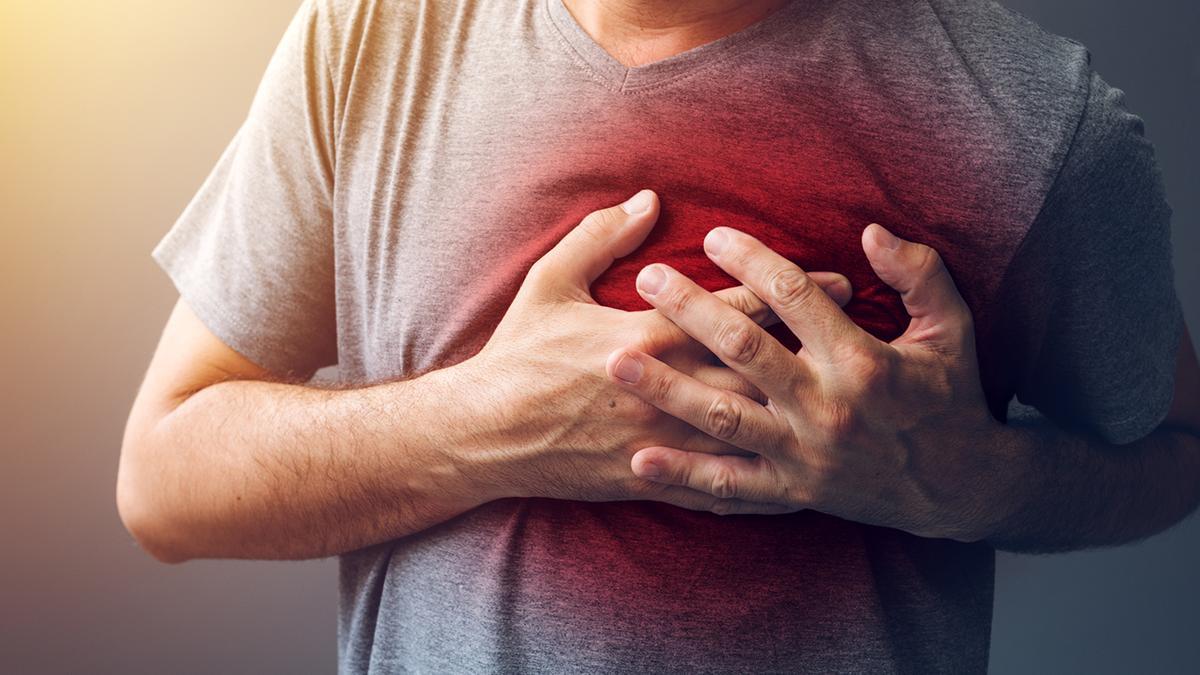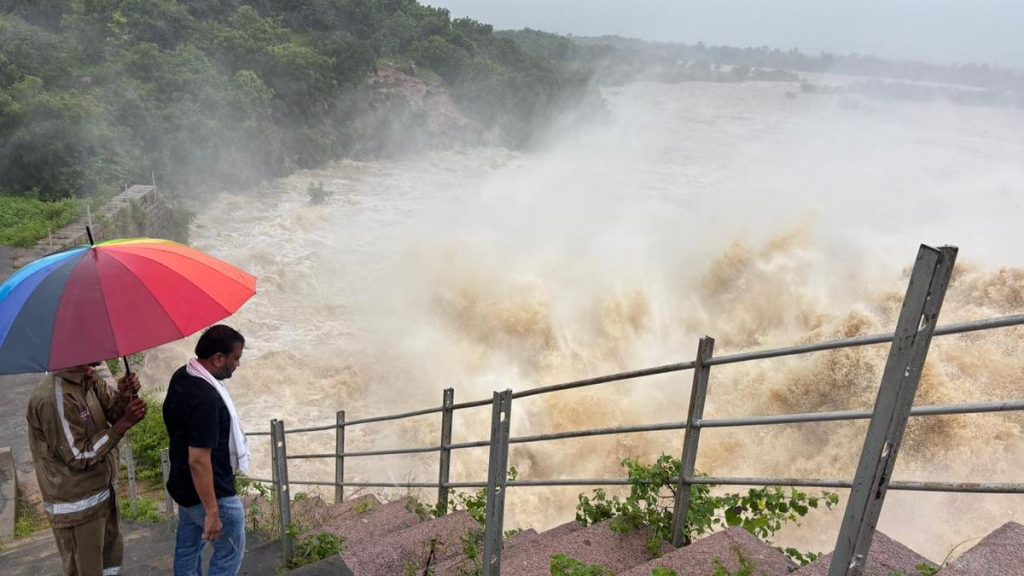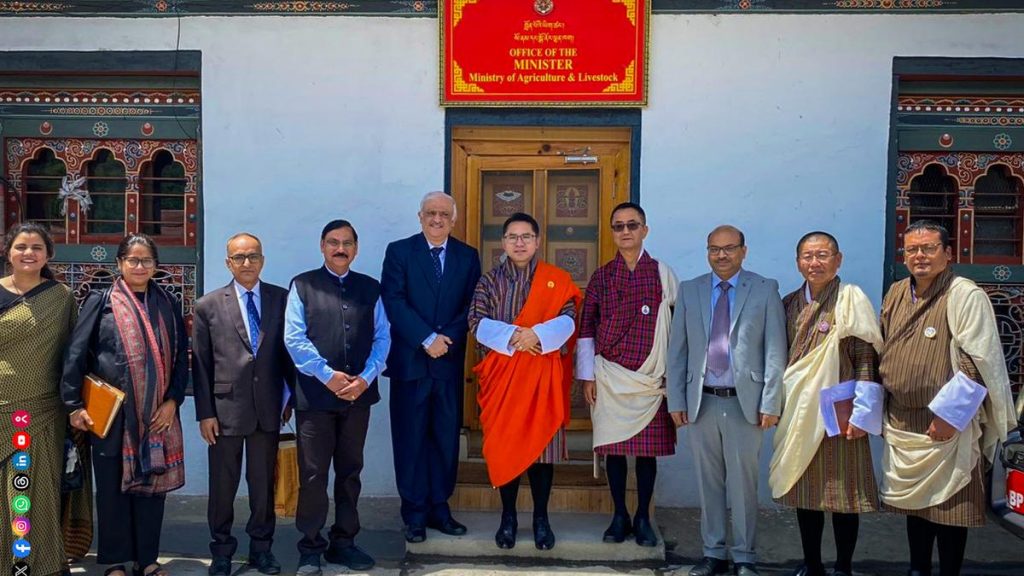Now Reading: Cardiac Deaths in Hassan: 10 of 24 Cases Confirmed, Majority Had Pre-existing Risk Factors
-
01
Cardiac Deaths in Hassan: 10 of 24 Cases Confirmed, Majority Had Pre-existing Risk Factors
Cardiac Deaths in Hassan: 10 of 24 Cases Confirmed, Majority Had Pre-existing Risk Factors

Quick Summary
- An expert committee investigated the reported increase in sudden heart attack deaths in Hassan district during may-june.
- Key findings indicate no significant rise in cardiac deaths compared too previous months-all cases were scattered, not clustered.
- Of 24 deaths studied:
– 4 were due to non-cardiac causes (kidney disease, accident, gastroenteritis, electrocution).
– 10 were confirmed cardiac deaths linked to pre-existing conditions like bypass surgeries or cardiomyopathy.
– The remaining 10 are “probable” cardiac-related based on symptoms and risk factors.
- Notably, 14 of the deceased were aged under 45 years, raising concerns around cardiovascular risks among younger populations.
- Limitations: Lack of autopsy data and diagnostic records restricted definitive conclusions; families’ non-cooperation hindered retrospective investigations.
- Recommendations:
– Mandatory autopsies for all sudden young adult deaths and out-of-hospital sudden cardiac fatalities.
– ECG machines & emergency medicines at PHCs/CHCs to manage heart cases effectively.
– Widespread CPR training; ensure AEDs in public spaces for emergency response.
For full details of the report,click here.
Indian opinion Analysis
The findings by the expert committee provide critical insights but also highlight systemic challenges within India’s healthcare framework regarding emergency preparedness for cardiac events. While no increasing trend was detected across cardiac-related mortalities specific to Hassan district or other centers analyzed, vulnerable groups such as younger individuals and occupational drivers deserve close scrutiny given their susceptibility tied to unhealthy lifestyles and limited access to preventive care.
The study underscores a pressing need for widespread reforms-mandatory post-mortem protocols can improve diagnostic accuracy while community initiatives (like CPR training) could amplify survival chances during emergencies.These measures are particularly relevant as cardiovascular risks continue rising in India due to lifestyle shifts like smoking prevalence, obesity rates among youth, lack of regular screenings/testing availability locally.
Addressing resource shortages (e.g.,emergency drugs at rural centers) remains central-improving basic infrastructure via reliable ECG monitoring equipment could bring long-term benefits across underserved regions burdened with high incidents requiring urgent attention globally adapting these perspectives shows routinely applied future scale learn outcomes scenario advancement directions
Read more: here.
























